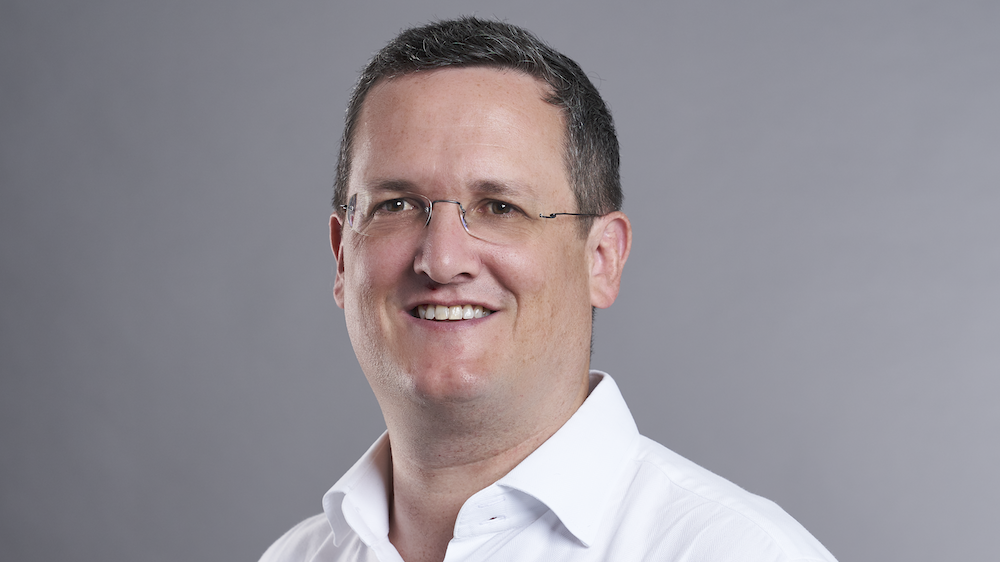 BetterTradeOff CEO Laurent Bertrand
BetterTradeOff CEO Laurent Bertrand
Why long-term investments are key to surviving inflation
BetterTradeOff CEO Laurent Bertrand recommends investing in alternative asset classes.
When faced with economic headwinds, people would usually hold on to their cash in fear of losing their hard-earned money, and whilst it is an “understandable” response to the situation, BetterTradeOff CEO Laurent Bertrand said that keeping money is the worst thing one can do, especially during times of inflation.
“When Singaporean banks offer you 4% on savings, it can make the decision to invest a difficult one. But with current market conditions, high-quality debt can deliver much higher yields,” Bertrand told Singapore Business Review.
Bertrand added that the first step to managing one’s financial portfolio in the face of economic uncertainties is by investing and staying invested.
Which types of assets should investors allocate more funds to, given the economic headwinds?
If you read the views of most asset managers, increased allocation to fixed income is generally recommended at this stage. Alternative asset classes, like private equity and venture capital, also offer interesting opportunities if you can afford illiquid assets. Depending on your investment time horizon, risk appetite, and investment experience, that might be the case. Yet, as mentioned before, the ability to stay the course over the long term is even more important and unfortunately, for many, it’s too difficult to ignore the news (current affairs, economic situation). As Warren Buffet famously said, “The most important quality for an investor is temperament, not intellect.”
Based on what we see, many remain under-invested and thus should reduce their cash allocation. If you have sufficient emergency funds and insurance policies to protect you against unfortunate events – COVID-19 has reminded us how important it was – the focus should be on investing enough with the right long-term allocation rather than optimising short-term asset allocation.
How can investors diversify and rebalance their financial portfolio given the current economic challenges?
First, you need to know your investment time horizon, risk appetite, and capacity before deciding on your strategic asset allocation. Most wealth managers offer well-diversified model portfolios adapted to your risk profile. If sufficiently experienced and confident, one can build their own diversified portfolios with index funds and exchange-traded funds (ETFs).
Regarding rebalancing, managed portfolios take care of it. Regarding DIY ones, yearly rebalancing is usually advised but market conditions like the ones right now might call for ad-hoc rebalancing when asset allocations stray too far from your long-term goal.
A popular model has been the core-satellite model where a substantial proportion of your wealth is invested according to long-term asset allocation. The satellite investments represent a smaller but still significant enough portion to matter, where you can have a much more tactical approach based on special conditions or special investment knowledge.
What we see is that alternative investments like private equity or venture capital are becoming more mainstream and now have their place in most asset mixes for investors.
What trends should investors look out for in 2023?
We would like to offer some words of wisdom from a not-so-distant past. Managing risk is core to investment and what happened during the 2008 crisis with Merrill Lynch could still happen. What is happening in the cryptocurrency world is staggering for example.
The main trends for 2023 will most likely revolve around war extension, an increase in central bank interest rates, and reduced corporate earnings. Therefore, it demands a more nuanced approach to de-average their impact and invests accordingly; however, that optimisation is usually less important for most investors than being disciplined and not just being an opportunistic investor.
What other factors should investors consider before making their investments in 2023?
In 2023, as in previous years, it’s critical that you have a clear target objective and time horizon. It could be that you can achieve your goals without too much risk, or that you can afford to take more risks and achieve greater returns.
Keeping a large amount of cash or investing in property might feel concrete and safe, but this comes with its own type of risk with inflation and increasing interest rates. Most importantly, insurance can offer much more effective protection against unforeseen events like permanent disability, critical illness, or even death.
Timing market entry remains extremely difficult, so gradual entry into long-term investment remains advisable. Volatility might even play in your favour with dollar-cost-averaging. Most importantly, being in the market allows you to compound the returns and thus, in 2023 like before, such considerations should be the ones to answer first before deciding which specific investment to tap into or avoid. One investment that never goes out of style is investing in yourself and continuing to educate yourself about finance.
Investing is inherently long-term. If you look only at next year, you’re trading, not investing.
























 Advertise
Advertise






